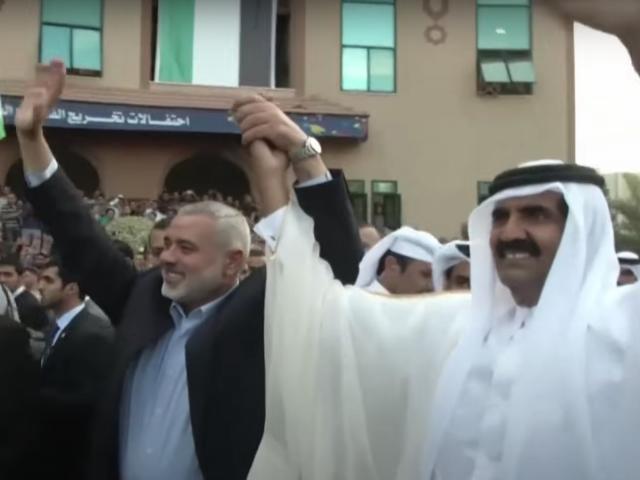In the midst of ongoing tensions between Israel and Hamas, the path to peace appears fraught with challenges, as highlighted by the current state of negotiations aiming to secure a ceasefire and the release of hostages held in Gaza.
This situation, marked by complex demands and a significant divergence in the positions of the involved parties, was recently addressed by Majed al-Ansari, a spokesperson for Qatar's Foreign Ministry. During a press briefing, al-Ansari shed light on the formidable gaps between Israel and Hamas concerning the prerequisites for resolving the protracted standoff. Despite intensified negotiations, especially during the Muslim holy month of Ramadan, a resolution remains elusive, with no clear timeframe for reaching an agreement.
Chances are, there will be more Israeli activity in Rafah. Whether it’s massive bombing and invasion or slower more deliberate operation is not yet clear.
— Barry Tigay (@TigayBarry) March 10, 2024
Diplomacy is not succeeding as Hamas rejects any reasonable offer. Qatar has failed, or not tried to convince Hamas.
This… pic.twitter.com/0mNbJISdvU
The conflict saw a dramatic escalation last October when Hamas launched a brutal, deadly attack on Israeli communites, resulting in the tragic loss of 1,200 Israeli lives, injuries to more than 5000 predominantly civilians, and the abduction of more than 250 individuals. A subsequent temporary ceasefire facilitated the release of about half of the hostages. However, Hamas's insistence on a full Israeli withdrawal and the release of numerous prisoners, including high-profile militants, before they even discuss the condition, let alone the return of the remaining hostages has been deemed unrealistic by Israeli Prime Minister Benjamin Netanyahu.
Qatar—supporting terrorism and #Antisemitism through this powerful platform. When will you cease your war on the Jewish people? https://t.co/gRu9tmM8bP #FoxNews
— Simon Wiesenthal Center (@simonwiesenthal) March 12, 2024
Qatar, a benefactor to Hamas and host to the terror group's leadership serving as the intermediary in these discussions, continues to hold out hope for a breakthrough. The Gulf state advocates for a more significant role by the United States in pressing Israel towards a compromise that could pave the way for a hostage deal. Despite earlier speculations about Qatar potentially expelling senior Hamas officials to encourage a settlement, al-Ansari emphasized Qatar's neutral mediation role, aimed at fostering dialogue and offering assistance to mitigate the conflict.
There is a sense of cautious optimism that the ongoing discussions in Doha and Cairo, amplified by international diplomatic efforts, could lead to positive outcomes. This hope is buoyed by recent signals from Israeli officials and international mediators indicating potential openings for negotiation, especially during the Muslim holy month of Ramadan.
It’s so telling that Qatar expects more of Hamas than fringe left Twitter, and is threatening to kick their leaders out if they don’t start negotiating in better faith.
— Brianna Wu (@BriannaWu) March 12, 2024
Fraking Qatar expects more from the terrorists than many on the American left! pic.twitter.com/x36DOhmBsh
As the international community watches closely, the situation underscores the complexity of achieving peace in the region. The importance of dialogue, diplomacy, and international collaboration has never been more evident as stakeholders strive to bridge the vast divide between Israel and Hamas, seeking a sustainable resolution to a conflict that has taken a heavy toll on human lives and regional stability. The fact Qatar is still in the middle of these negotiations is puzzling given their implicit support for Hamas's terror activities. However, given their own alliance with Iran and the fact that the U.S. has a military base that they just signed a ten-year extension on, it is likely Qatar will be allowed to continue their unbalanced role.


